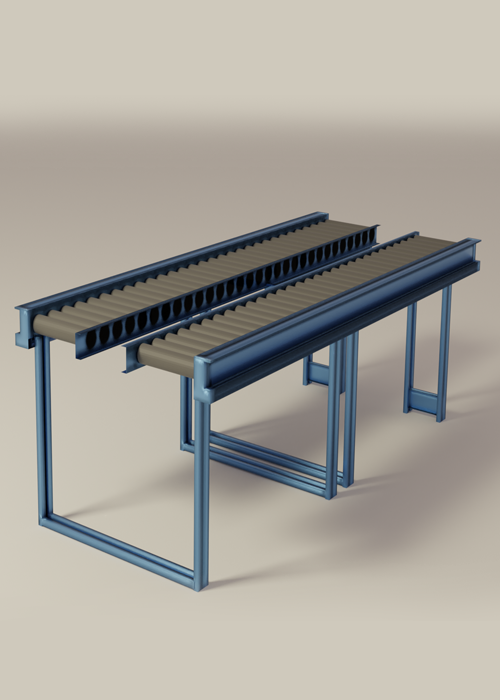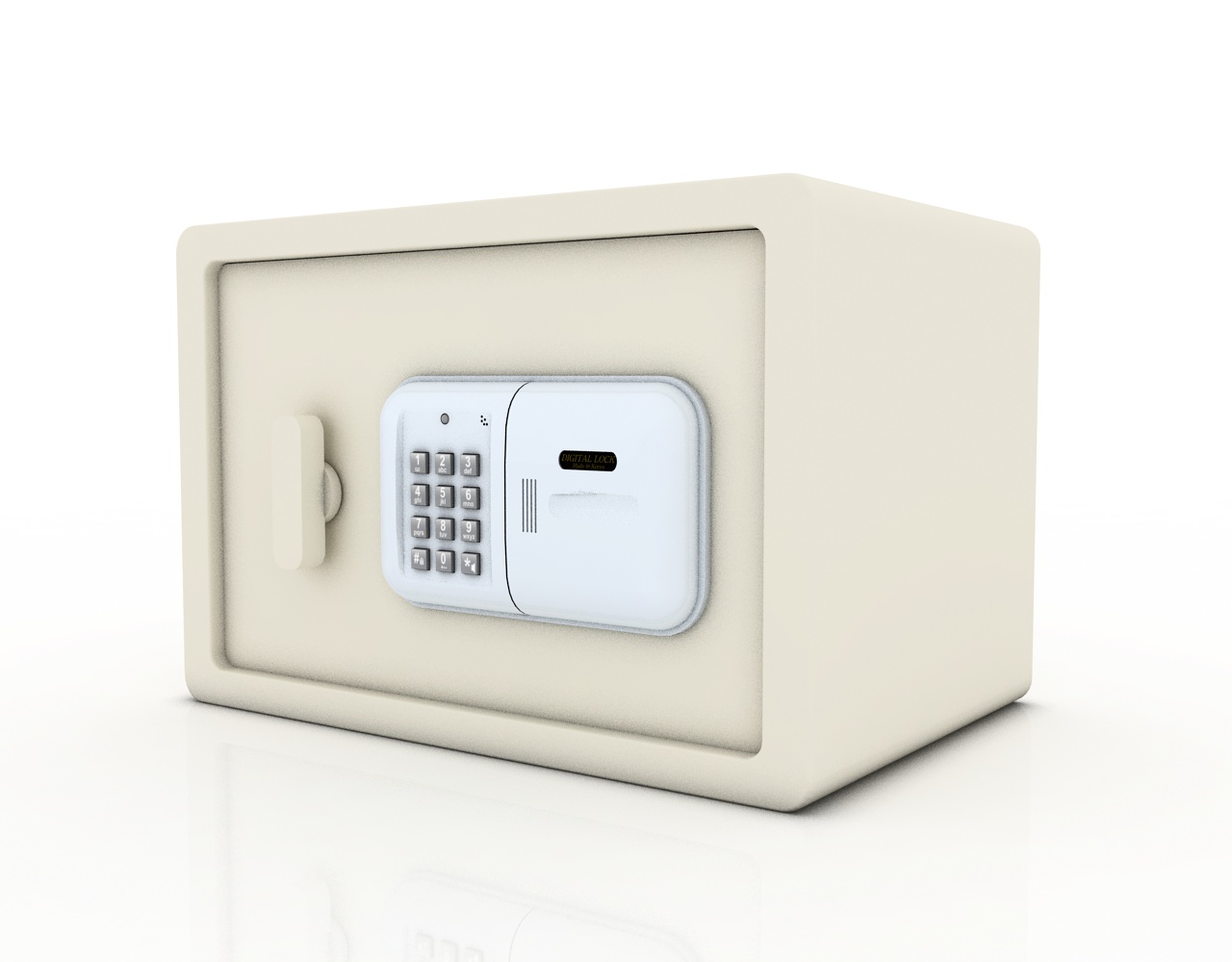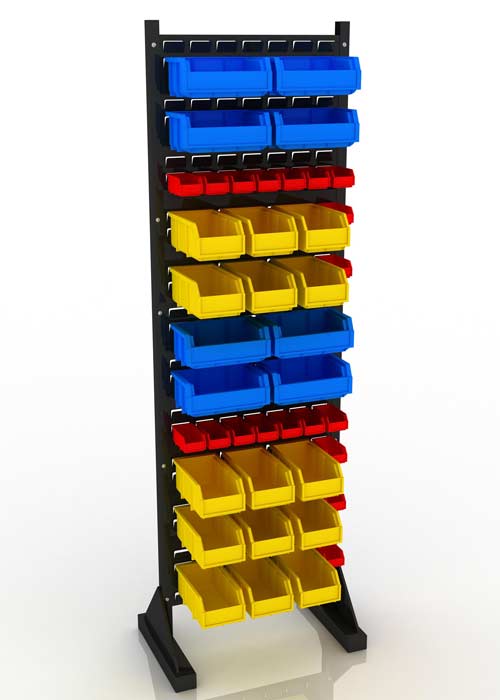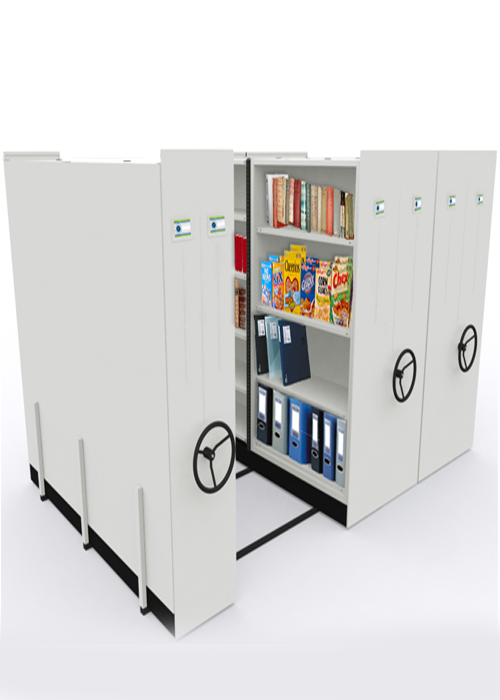Description
Looking for a conveyor? Well Gujrat Steel has exactly what you want. Our steel conveyors are used in a wide variety of industrial applications and are particularly suited to hygiene conscious environments.
Our steel conveyors are simple, easy to clean and efficient. We can work with you to help you design and install the best materials handling solution to suit your business requirements.
Since conveyors make the transportation of business materials and products quick and efficient, they will be extremely useful in your material handling, warehouse, logistics, food and beverage production, packaging, distribution, inspection or manufacturing facilities or assembly shops.
At present, we are offering two conveyor options to our clients:
- Roller Conveyors
- Belt Conveyors
- Size: Completely customizable.
- Colour: Completely customizable.
- Quality: Premium.









